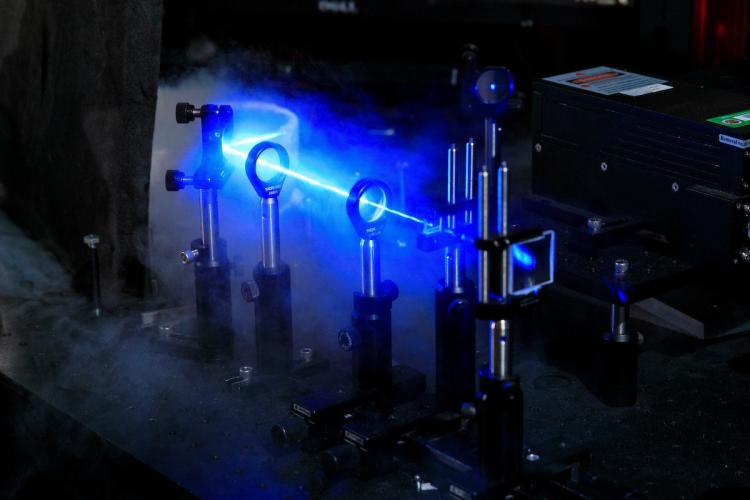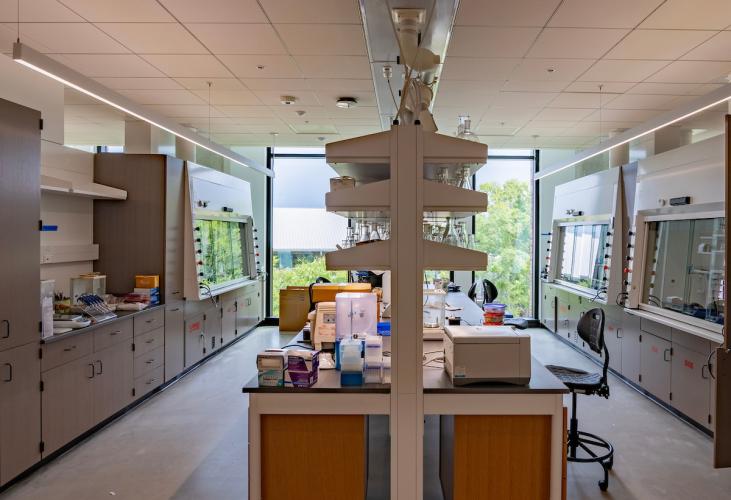add description and link
Providing wind tunnel facilities that are now being adapted for testing quantum communication hardware under turbulent atmospheric conditions.
Supporting large-scale cryogenics research, including facilities relevant to superfluid helium and cryogenic device development.
A university-wide investment of more than $20M, including the new Interdisciplinary Research & Commercialization Building (IRCB), which will house cutting-edge quantum science and engineering laboratories and collaborative spaces.
add description and link
The largest and highest-field magnet laboratory in the world, offering unparalleled opportunities for quantum materials research, device testing, and integration with cryogenic platforms.
In 2024, the College secured two $5M Track-2 awards. These grants are strengthening infrastructure, developing new courses, and creating collaborative research programs in quantum fluids and solids and in microwave quantum circuits/RF systems. A major outcome has been the establishment of a new quantum laboratory at FAMU’s Celensious Building, expanding research capacity and broadening participation in QISE.
Through the Neutron Nexus pilot program, we collaborate on advanced neutron scattering and national lab training opportunities.
Supported by congressional funding, this initiative integrates FCAAP wind tunnels, the MagLab, and FSU Hydrogen Initiative cryogenics, creating a one-of-a-kind environment for testing communication hardware under extreme conditions.
Students at the FAMU-FSU College of Engineering have a wide range of opportunities to participate in quantum research and workforce development. These opportunities not only give students direct exposure to frontier research but also prepare them with the skills and networks needed to become future leaders in the quantum era.
Academic Departments
The FAMU-FSU College of Engineering fosters interdisciplinary quantum research from the following departments.
- Civil & Environmental Engineering
- Electrical & Computer Engineering
- Industrial & Manufacturing Engineering
- Mechanical & Aerospace Engineering
Courses and Curriculum
The following new and planned courses give students hands-on experience in quantum technologies.
- Quantum Devices and Sensing
- Quantum Algorithms and Computation
- Quantum Fluids and Solids
- Quantum Optics and Networks
- Hybrid Quantum Systems
Faculty Research
The following list highlights faculty actively engaged in quantum research (not a complete list).
- Wei Guo (MAE, MagLab)
- Xianjing Zhou (MAE)
- William Oates (MAE)
- Kourosh Shoele (MAE)
- Huixuan Wu (MAE)
- Lukasz Dusanowski (ECE)
- Xianjing Zhou (MAE)
- Bayaner Arigong (ECE)
- Zhibin Yu (IME)
- Lichun Li (IME)
- Qianwen (Vivian) Guo (CEE)


